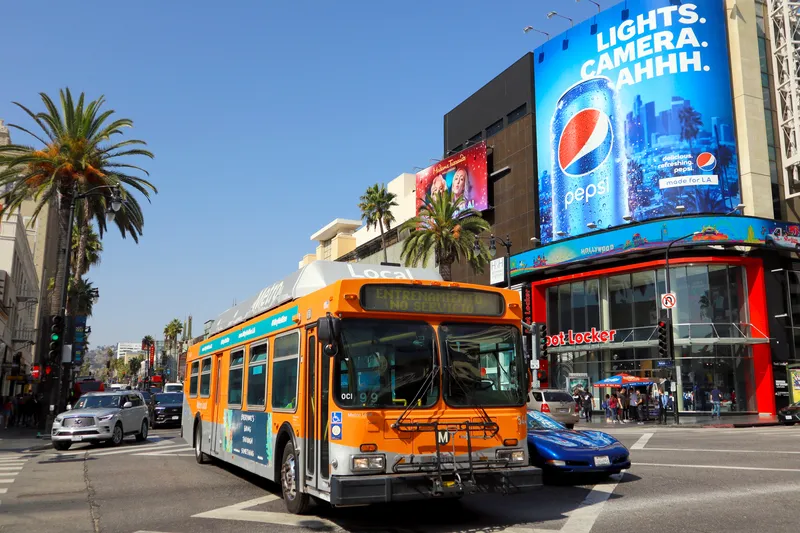The City of Sugar Land, Texas, a growing suburb of Houston, has opted to use Trafficware’s state-of-the-art pod wireless detection system to implement detection upgrades along the city’s busiest roadways on US 90A and SH 6.
With this contract the city will equip 18 of its largest multilane intersections with approximately 700 wireless pod sensors to provide the needed data collection capabilities for real-time performance measures of city arterials. Pods will gather data that can be used for analysis,
June 18, 2015
Read time: 2 mins
The City of Sugar Land, Texas, a growing suburb of Houston, has opted to use 5642 Trafficware’s state-of-the-art pod wireless detection system to implement detection upgrades along the city’s busiest roadways on US 90A and SH 6.
With this contract the city will equip 18 of its largest multilane intersections with approximately 700 wireless pod sensors to provide the needed data collection capabilities for real-time performance measures of city arterials. Pods will gather data that can be used for analysis, design, and growth trends and provide the infrastructure needed for an adaptive signal system.
Claimed to be one of the most advanced traffic management systems in the Houston area, the Sugar Land’s intelligent transportation system (ITS) utilises the city’s wireless and fibre network, allowing every traffic signal to send and receive data to the traffic management centre, increasing the efficiency and safety of its traffic infrastructure.
Over the last two years, the City’s Public Works Department tested alternatives to its current loop and video detection systems in an effort to build the foundation for a smarter and more reliable data driven ITS. Wireless detection became the preferred option because its increased range and more robust communication allowed for a simplified system that did not need or use repeaters and improved environmental performance through standing water, such as during heavy rain that many parts of the country including Houston experienced recently, as well as around obstacles.
With this contract the city will equip 18 of its largest multilane intersections with approximately 700 wireless pod sensors to provide the needed data collection capabilities for real-time performance measures of city arterials. Pods will gather data that can be used for analysis, design, and growth trends and provide the infrastructure needed for an adaptive signal system.
Claimed to be one of the most advanced traffic management systems in the Houston area, the Sugar Land’s intelligent transportation system (ITS) utilises the city’s wireless and fibre network, allowing every traffic signal to send and receive data to the traffic management centre, increasing the efficiency and safety of its traffic infrastructure.
Over the last two years, the City’s Public Works Department tested alternatives to its current loop and video detection systems in an effort to build the foundation for a smarter and more reliable data driven ITS. Wireless detection became the preferred option because its increased range and more robust communication allowed for a simplified system that did not need or use repeaters and improved environmental performance through standing water, such as during heavy rain that many parts of the country including Houston experienced recently, as well as around obstacles.







